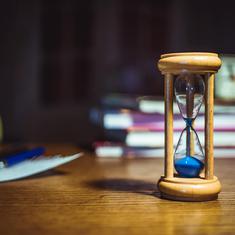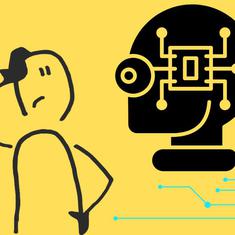India falls two spots on 2025 Global Gender Gap index to 131
The country had ranked at the 129th place out of 146 nations on the index in 2024.

India has fallen two spots to rank 131 out of 148 countries on the World Economic Forum’s 2025 Global Gender Gap index.
In 2024, India had ranked at the 129th place out of 146 countries on the index, while it was at 127 in 2023. In 2020, India had ranked 112 among 153 countries.
The countries are ranked based on scores across four main subindices – economic participation and opportunity, educational attainment, health and survival, and political empowerment.
In its report released on Wednesday, the World Economic Forum stated that India had an overall parity score of 64.1%, making it one of the lowest-ranked countries in South Asia. The country saw a relative drop in rankings compared to the previous year due to the performance of other economies, it added.
However, India’s overall performance improved in absolute terms by +0.3 points, the report said.
“One of the dimensions where India increases parity is in economic participation and opportunity, where its score improves by +.9 percentage points to 40.7%,” the World Economic Forum added.
The report said that while most indicator values remained the same, parity in estimated earned income rose from 28.6% to 29.9%, which positively impacted the subindex score.
Scores in the labour-force participation rate remained the same at 45.9%, duplicating India’s highest level achieved to date, the report said.
“In educational attainment, India scores 97.1%, reflecting positive shifts in female shares for literacy and tertiary education enrolment, which result in positive score improvements for the subindex as a whole,” the World Economic Forum stated.
“India also records higher parity in health and survival, driven by improved scores in sex ratio at birth and in healthy life expectancy,” it added. “However, similar to other countries, parity in the latter is obtained despite an overall reduction in men’s and women’s life expectancy.”
The report said that female representation in Parliament fell from 14.7% last year to 13.8% in 2025, and that the share of women in ministerial positions fell from 6.5% to 5.6%.
In June 2024, India had elected 74 MPs to the 18th Lok Sabha, which was marginally lower than in 2019 when 78 women became members of the Lower House of Parliament.
As per the index, Bangladesh emerged as the best performer in South Asia, jumping 75 spots to rank 24 overall due to notable gains in political empowerment and economic participation. Nepal ranked 125, Sri Lanka at 130, Bhutan at 119, Maldives at 138 and Pakistan at 148.
Globally, Iceland leads the rankings for the 16th year in a row. This was followed by Finland, Norway, the United Kingdom and New Zealand.
However, the report noted that full parity remained 123 years away at current rates.









